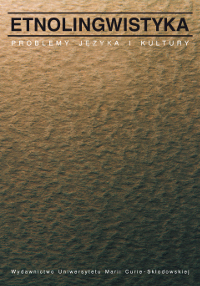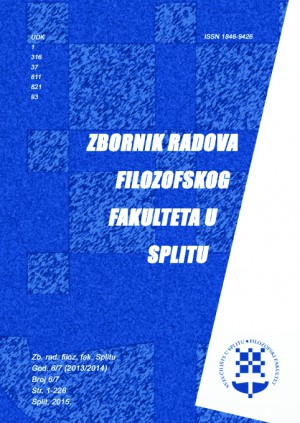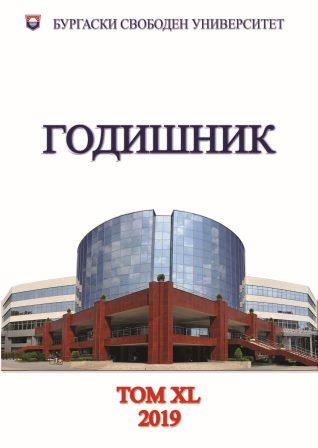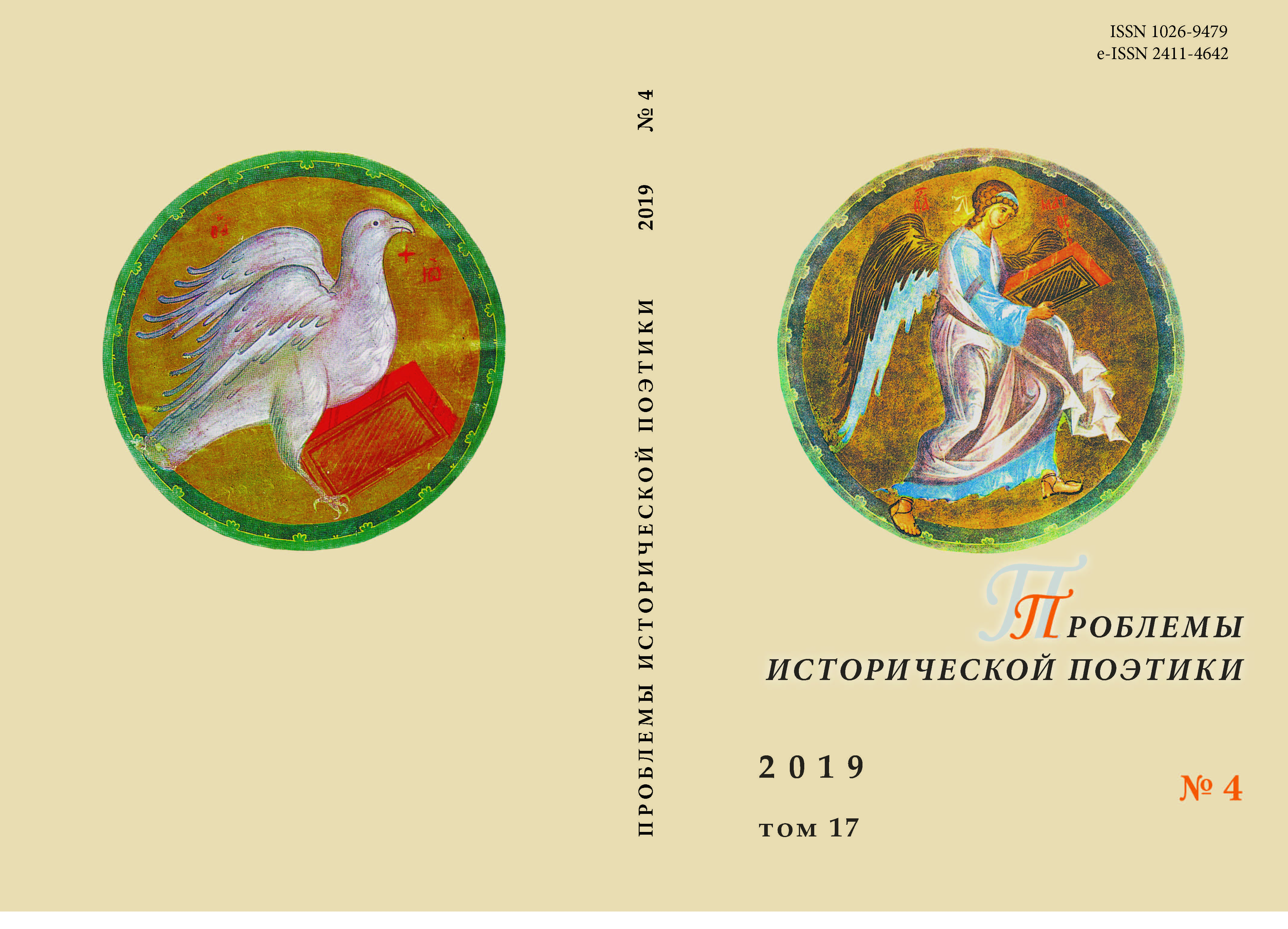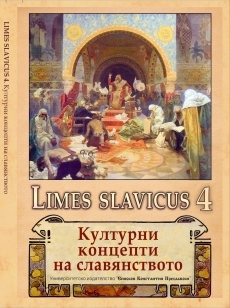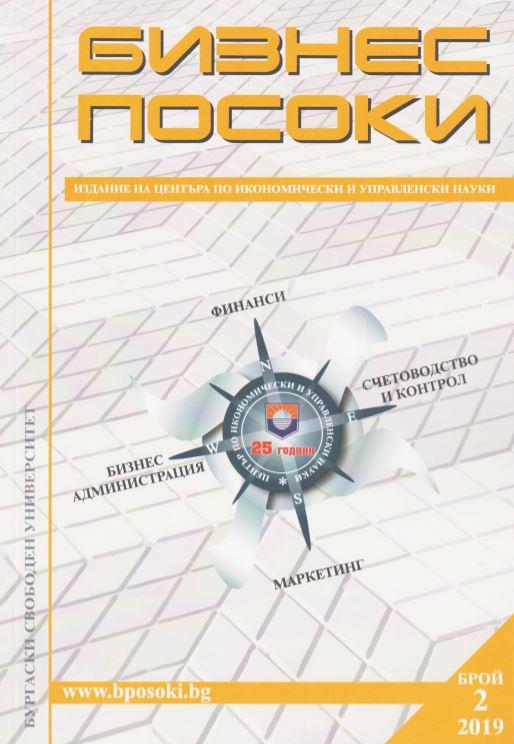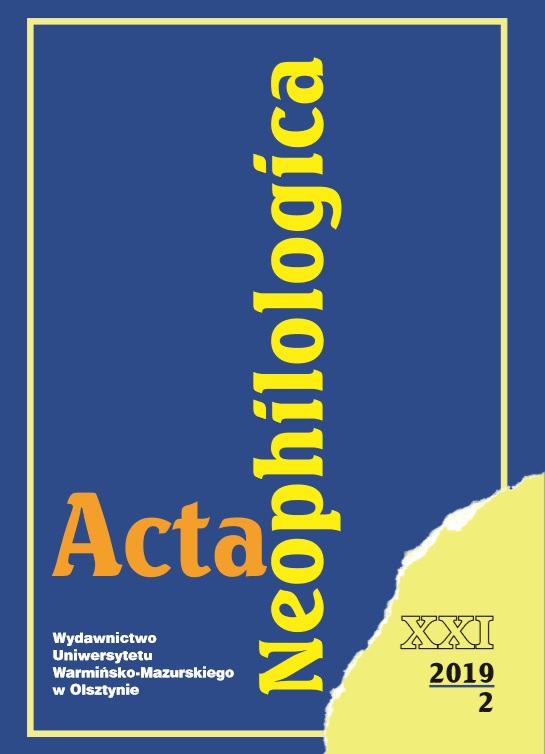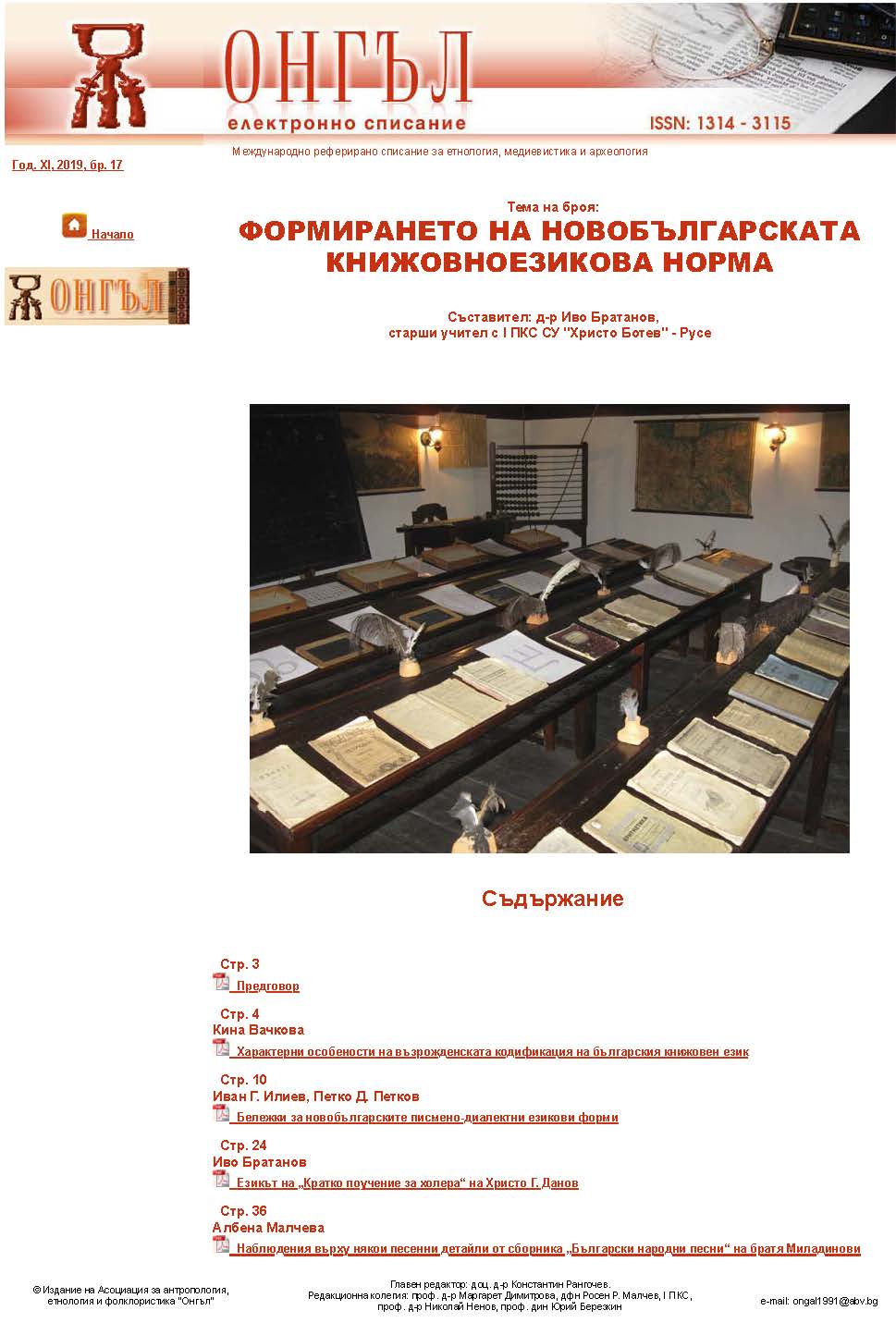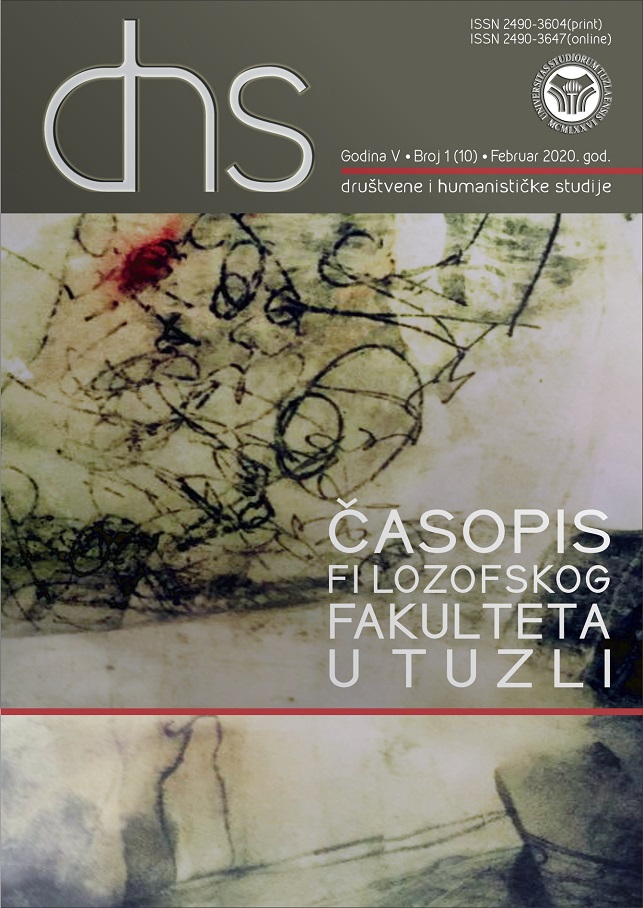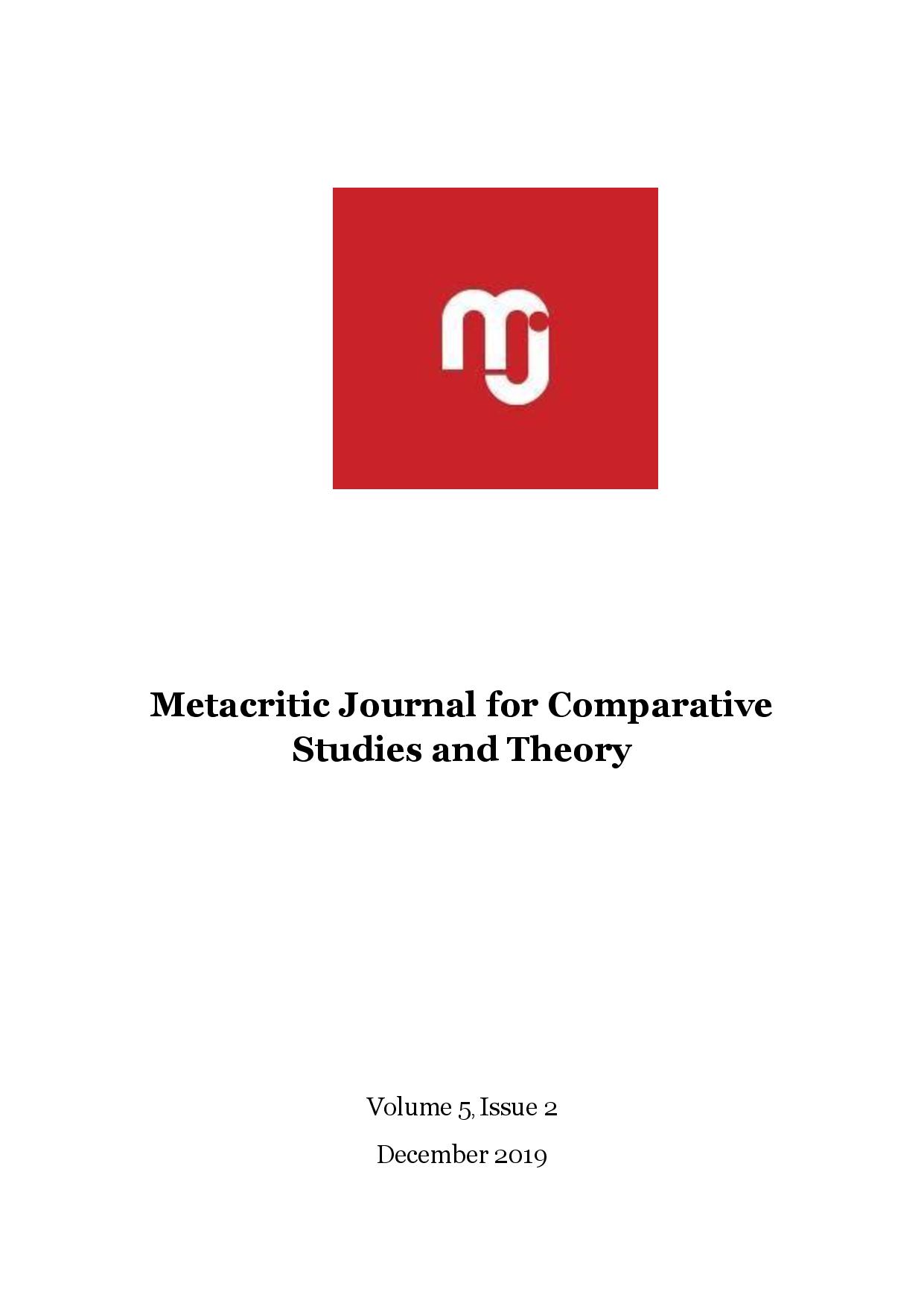
Can Humans survive the Anthropocene? An Eco-Rhytmological Approach
This paper proposes an ecocritical approach based on a practice-oriented physics of literature. Considering Henri David Thoreau’s romantic transcendentalism and contemporary trends of ecocriticism as experiments of practical orientation, it examines the immanent kinetic spaces which are supposed to encompass all their alternatives. By distinguishing different rhythmic “strata,” eco-rhythmology reveals that Anthropocene-generated climate change or dramatically diminishing biodiversity are not the only actual time directions. While arguing that technological or political solutions are not enough to modify them, this proposal underlines the need of rhythmical shifts in our practice. The second part of the paper shows, through examples taken from the poetry of contemporary British poet Philip Gross and the author’s Land-Rover Book experiments, how attempts like thinking together with the waters and the liquid muds of an estuary or writing and reading together with the more-than-human environment can change the time directions of Anthropocene destruction and discover common rhythms with our ecosystem.
More...
